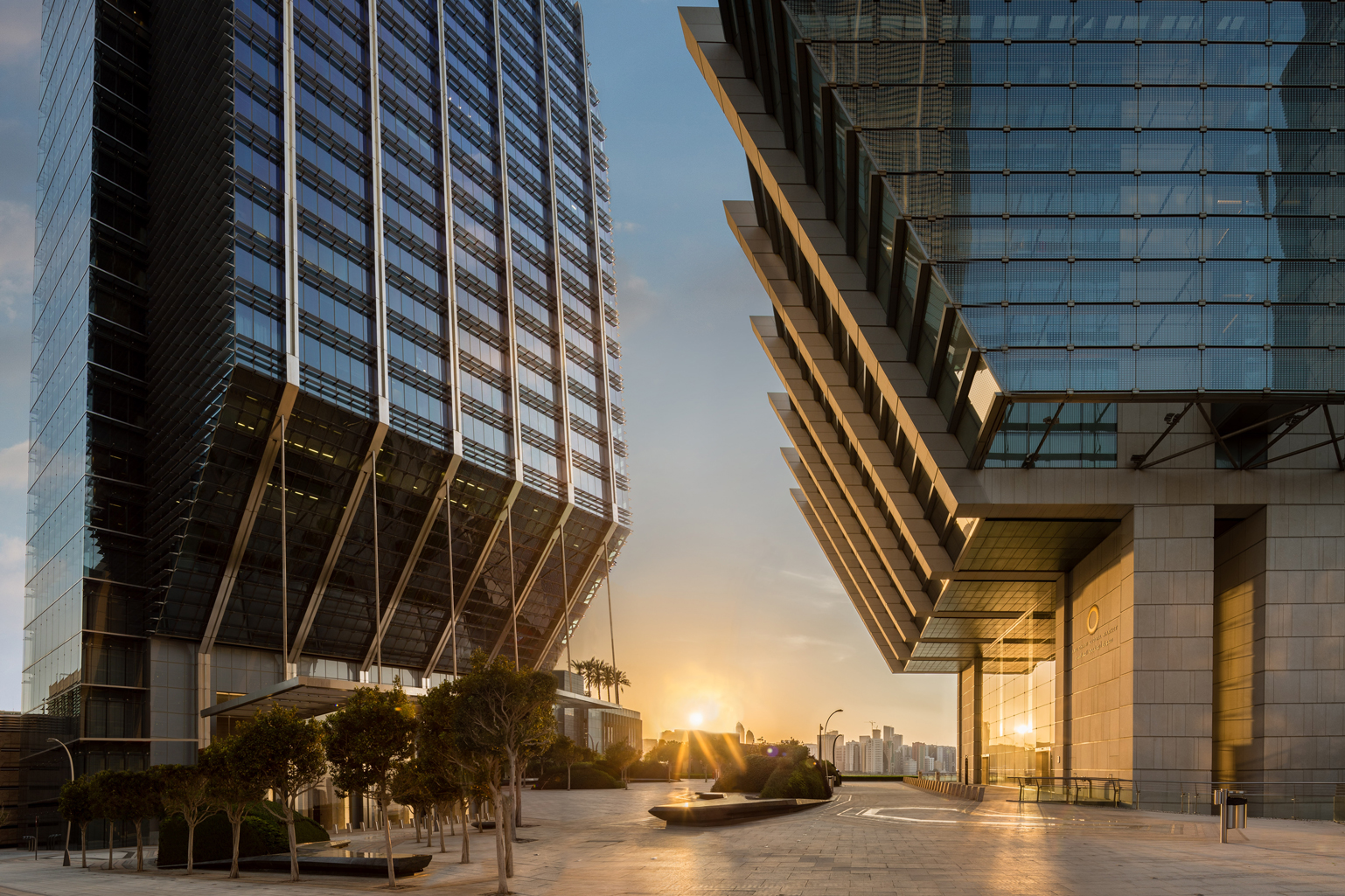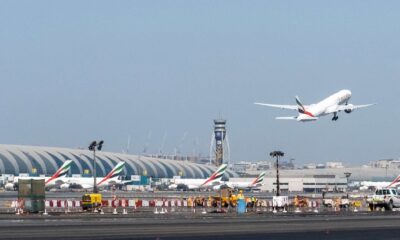The Global Chess League, a joint venture between Tech Mahindra and FIDE, today announced the list of Icon players for the second season to be held in London from 3rd to 12th October at Friends House.
Sameer Pathak, CEO, Global Chess League, said, “We would like to extend a warm welcome to all the Icon players. With such renowned names at the helm of each team, we are confident that the exciting matches will offer millions of chess fans an incredible experience. In the following weeks, we will be announcing a host of superstar men, women, and prodigy players, which will only add to the excitement ahead of the player draft.”
The stellar line-up of Icon players includes world No.1 and five-time world champion, Magnus Carlsen, who also featured in the first season of the Global Chess League. In the second season, he will continue to play for Alpine SG Pipers.
https://www.instagram.com/reel/C9zsVAFJkyc/?igsh=b2VrN2FyMXQ2cWdp
Magnus Carlsen, the five-time world champion, said, “The first season in Dubai was a fantastic experience. Chess has been an individual sport, but the concept of a team setting introduced by the Global Chess League is very exciting and refreshing. I look forward to playing again with the Alpine SG Pipers.”
To add to the thrilling level of competition, two new Icon players are joining the league for the first time. One of the world’s most popular and dynamic players, Hikaru Nakamura, will play for the new team American Gambits. Anish Giri will make his debut in the second season with PBG Alaskan Knights as the Icon player.
Joining as an Icon player for American Gambits, Hikaru Nakamura, said, “I followed the Global Chess League in its first season and was hooked to the format. It is an exciting opportunity not only for the top players, but also for fans as they get to pick a team with their favorite players to cheer on. I am excited to be a part of American Gambits team, and I look forward to meeting my teammates in London.”
Grandmaster Anish Giri, who has been signed up as the Icon player by PBG Alaskan Knights, said, “The unique format of the Global Chess League takes the competition to a higher level. I am sure that the fans will tune in to see the exciting battles between teams comprising top men and women chess players. I am delighted to play in my debut season with PBG Alaskan Knights, and I am looking forward to the exciting times ahead.”
Returning in the Icon player role for Ganges Grandmasters is the five-time world champion, Viswanathan Anand. As the Icon player of the first season’s finalists, Mumba Masters, Maxime Vachier-Lagrave will continue to lead from the front for the team. In the second season, Ian Nepomniachtchi will be the Icon player for the Triveni Continental Kings.
Viswanathan Anand, the five-time world champion and the Icon player for Ganges Grandmasters, said, “The inaugural season was a huge success with some very exciting matches. Chess is widely played across the world, and the game being televised in this unique format will only add to its popularity. I believe that fans who tune in will get to see intense battles between teams playing chess at their highest level. I am excited to be back playing for Ganges Grandmasters.”
Grandmaster Ian Nepomniachtchi, in his new role as the Icon player for Triveni Continental Kings, said, “After an exciting launch season, I am glad to be a part of the second season of the Global Chess League. Playing for the winners of the first season, Triveni Continental Kings, makes it even more special, and I am looking forward to play some exciting matches in London.”
Former World Blitz champion and the Icon player for Mumba Masters, Maxime Vachier-Lagrave, said, “Playing for my team Mumba Masters was a fantastic experience in the first season. The whole team came together beautifully and reached the finals. I am geared to return for the next season and collaborate with my team members.”
The league will feature a minimum of three marquee showdowns every day between the Icon players as they lead their teams into the chess arena. The first-of-its-kind franchise-based league will feature a total of six teams. Each team will consist of six players, including one Icon player, two superstar male players, two superstar female players, and one prodigy player.


 Announcements6 months ago
Announcements6 months ago
 Announcements5 months ago
Announcements5 months ago
 Sports5 months ago
Sports5 months ago















